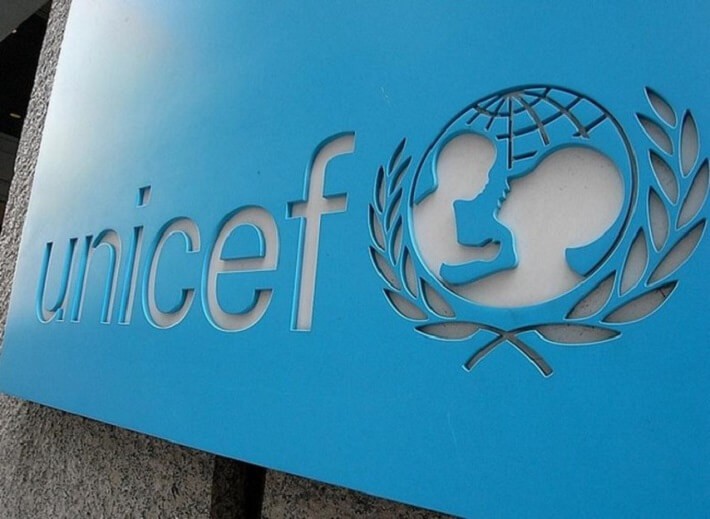The United Nations Children Funds (UNICEF) in a recent report warned that while children are less likely to have severe symptoms of COVID-19, the future of a generation is at risk as COVID-19 threatens to have a huge impact on the education, nutrition and wellbeing of the Nigerian child.
UNICEF in the report titled “Averting a Lost COVID Generation”, outlined the dire and growing consequences for children as the pandemic drags on.
Advertisement
It shows that while symptoms among infected children remain mild, infections are rising and the longer-term impact on the education, nutrition and well-being of an entire generation of children and young people can be life-altering.
UNICEF Representative in Nigeria, Peter Hawkins, noted that since the pandemic started, there has been a false belief that children are not affected by COVID-19, adding that nothing can be further from the truth, including in Nigeria.
“While children are less likely to have severe symptoms of illness, they can be infected and the biggest impact by far is the disruptions to key services and increasing poverty rates, which are both having a huge impact on Nigerian children’s education, health, nutrition and well-being. The future of an entire generation is at risk globally and in Nigeria.
“The new UNICEF report finds that as of 3 November, in 87 countries with age-disaggregated data, children and adolescents under 20 years of age accounted for 1 in 9 of COVID-19 infections, or 11 per cent of the 25.7 million infections reported by these countries. In Nigeria, children in the same age group accounted for 1 in 10 infections, or 11.3 percent of total infections.”
Advertisement
The report shows that as of November 3, in 87 countries with age-disaggregated data, children and adolescents under 20 years of age accounted for 1 in 9 of COVID-19 infection.
“In Nigeria, children in the same age group accounted for 1 in 10 infections or 11.3 percent of total infections.”
The report also stated that while children can transmit the virus to each other and to older age groups, there is strong evidence that with basic safety measures in place, the net benefits of keeping schools open outweighs the costs of closing them.
“Schools are not the main driver of community transmission, children are more likely to get the virus outside of school settings.
“There is a 40 percent decline in the coverage of nutrition services for women and children across 135 countries, in Nigeria, that decline is estimated at 35 percent.
Advertisement
“COVID related disruptions to critical health and social services for children pose the most serious threat to children”, the report says.



